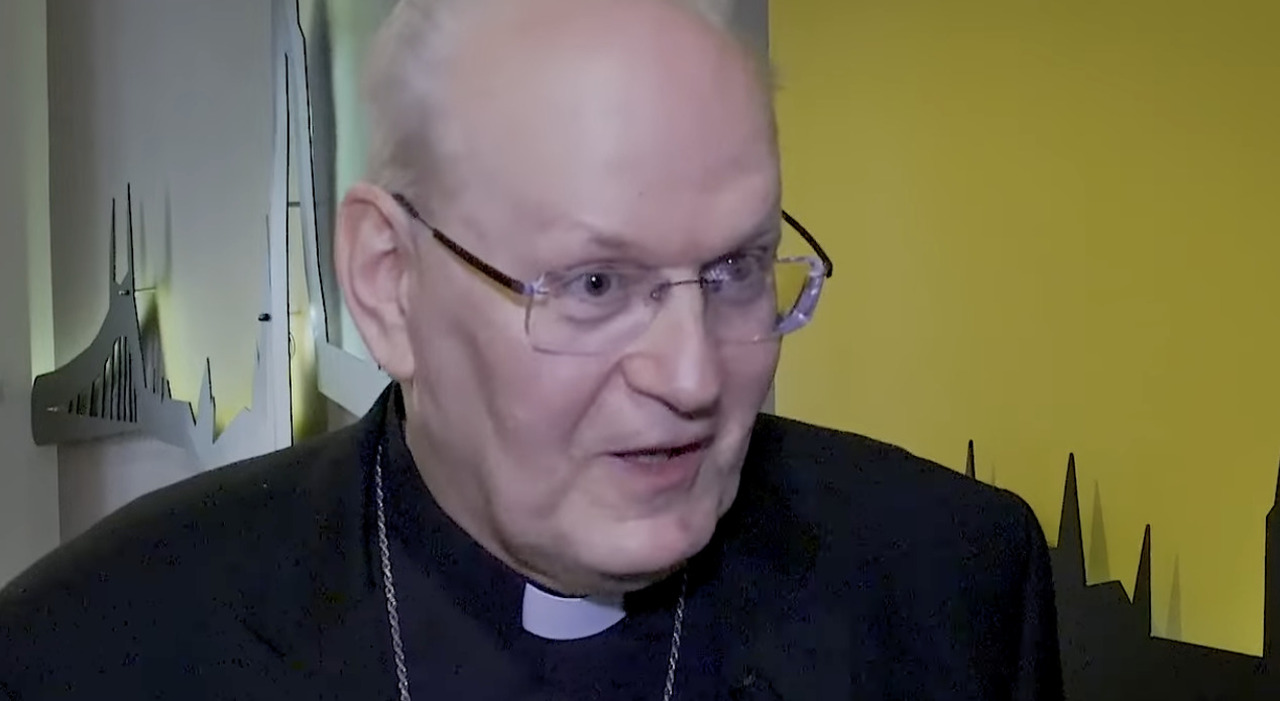Monday 6 May 2024, 20:28
Given that the 127 elector cardinals who are part of the College of Cardinals do not all know each other perfectly, a specialized French magazine called Cardinalis-Magazine has been making its way in the Church for some time, publishing in-depth profiles of potential papabili to facilitate their acquaintance. It is always worth remembering the ancient saying that 'he who enters as Pope exits as cardinal' to underline the unpredictability of events within the Sistine Chapel, based on agreements often defined in those moments full of tensions, expectations, programs, and projects for the Church. The latest cardinal to have been thoroughly analyzed is the highly rated Hungarian Peter Erdo, 71 years old. In the past, he participated in the conclave that elected Pope Benedict XVI and that of Pope Francis. Often in informal conciliabula, there is much talk about him: Archbishop of Budapest, he distinguished himself internationally when he was a speaker at the synods on the family in 2014 and 2015, carving out space for himself as a dialoguing figure but at the same time firm on the fundamentals. He is considered open-minded, highly educated, multilingual, and a convinced Europeanist. A key figure of the Church in Europe and a possible candidate for succession when the time comes. The first issue that Erdo addressed in a broad and comprehensive dialogue is the phenomenon of de-Christianization which for decades has been dramatically undermining the presence of the Church in the West. Erdo sees a strengthening of movements and the centrality of faith as a good antidote. 'If this were a period of crisis, many trends would disappear quickly, but it seems we are facing a long-term crisis. Crisis is always synonymous with danger, but also opportunity. But it is important that our Catholic Christian identity remains rooted in the most essential things, namely the fact that Christ is risen, that we believe in God, in the Trinity, and in eternal life. Then there are secondary elements of tradition, which no longer represent the Sacred Tradition, but only a custom, a tradition perhaps to be respected, but not to be observed at the cost of our life. These secondary elements can enrich religiosity, but it is important to distinguish them. And the criteria, thank God, are here. Because the Holy Scripture and the authentic documents of the Magisterium or of the Holy Tradition are also present, in updated form, in the Catechism of the Catholic Church, which is a providential document,' he explains. On the risk of a schism in Germany caused by the ultra-progressive pushes of a large part of the episcopate, Erdo shows caution. 'Like many others, I see - also during the last synods - that a sort of "alternative" is emerging in the Church. Some think that Christianity is almost a natural religion, that based on goodwill and intellectual openness, can follow the needs of people in today's society and seek solutions that seem reasonable, and if they have a link with the Bible, that's even better. But it's about inventing solutions and answers with human logic.' Then he repeats: 'We are rather disciples of Christ. (...) The voice of Jesus, the foundation of the Eucharist, the Our Father, and other things that have been preserved are precisely the content of his teaching. We have a treasure and we are not condemned to face the problems of our time empty-handed (...) Then disasters can always occur.' Finally, there was a look at geopolitics. 'Vatican diplomacy is just one of the tools available, but it can be of great help, especially when a Catholic community is in a situation of oppression, of persecution. (...) It is certain that the Holy See can still help development, stabilization, solving humanitarian problems in any country, to the extent that the Catholic Church has the possibility to develop its activity. In Hungary, during communism, we experienced that it is vital for the Church that Catholics know who their bishop is, that they have local churches, bishops consecrated appointed by the Holy See and that they do not depend only on the forces of the society in which they live.'
© ALL RIGHTS RESERVED
This article is automatically translated
